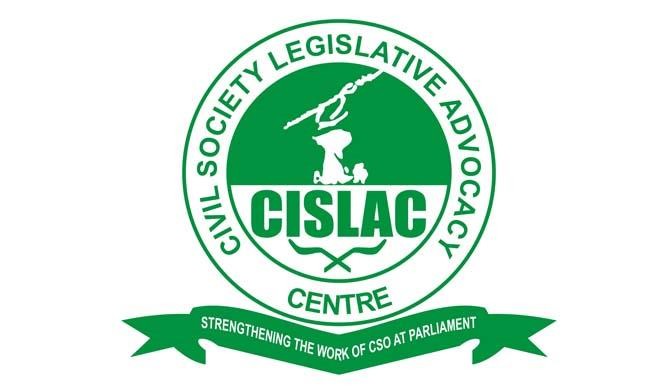The Civil Society Legislative Advocacy Centre (CISLAC) has trained female journalists on tobacco taxation and gender mainstreaming as part of efforts to reduce public health threats in Kano State.
The one-day capacity-building workshop brought together members of the Nigerian Association of Women Journalists (NAWOJ) from various media organisations across the state.
Declaring the training open, CISLAC Executive Director, Mr. Auwal Musa-Rafsanjani, said the programme was aimed at equipping participants with knowledge on the harmful effects of tobacco use and the need to push for stronger tobacco control policies in Nigeria.
He underscored the crucial role of NAWOJ in raising awareness, noting that the voices of women journalists could influence the push for inclusive and gender-sensitive tax policies.
“Tobacco consumption is rampant among the youths, irrespective of gender, hard drugs and other dangerous substances are mixed with other dangerous items and consumed on daily basis,” Musa-Rafsanjani said.
“We believe the partnership with women journalists will pave way for more awareness of the menace of tobacco smoking,” he added.
He also urged parents and guardians to monitor their children and wards closely to prevent the use of shisha and other tobacco products.
In his presentation titled “Health Consequences of Tobacco Use”, Mr. Mohammed Murtala, a public health consultant, revealed that tobacco smoke contains over 7,000 toxic chemicals that pose significant health risks.
“Tobacco use leads to cancer, heart diseases and other health issues. It kills over 8 million people annually with more than 1.2 million deaths caused by second-hand smoke,” Murtala said.
According to him, the triggers for smoking are multifaceted—ranging from social to environmental factors—thus requiring comprehensive intervention strategies.
Another consultant, Mr. Solomon Adoga, presented a paper on “Understanding Framework Convention on Tobacco Control Article 6 and Nigeria’s Tobacco Tax and Gender Bias”. He highlighted how tobacco use affects women more adversely than men, citing conditions like breast and cervical cancer as well as risks during pregnancy.
He stressed that girls and women, especially in low- and middle-income countries, face an increasing threat from tobacco-related illnesses.
Chairperson of NAWOJ, Kano State Chapter, Bahijja Malam Kabara, applauded CISLAC for the training and pledged to cascade the knowledge to other journalists.
She assured that women journalists in the state would leverage their platforms to advocate for gender-sensitive tobacco taxation policies.
“We are ready to collaborate with CISLAC and other stakeholders to push for policies that positively impact the health and wellbeing of Nigerians,” she said.


